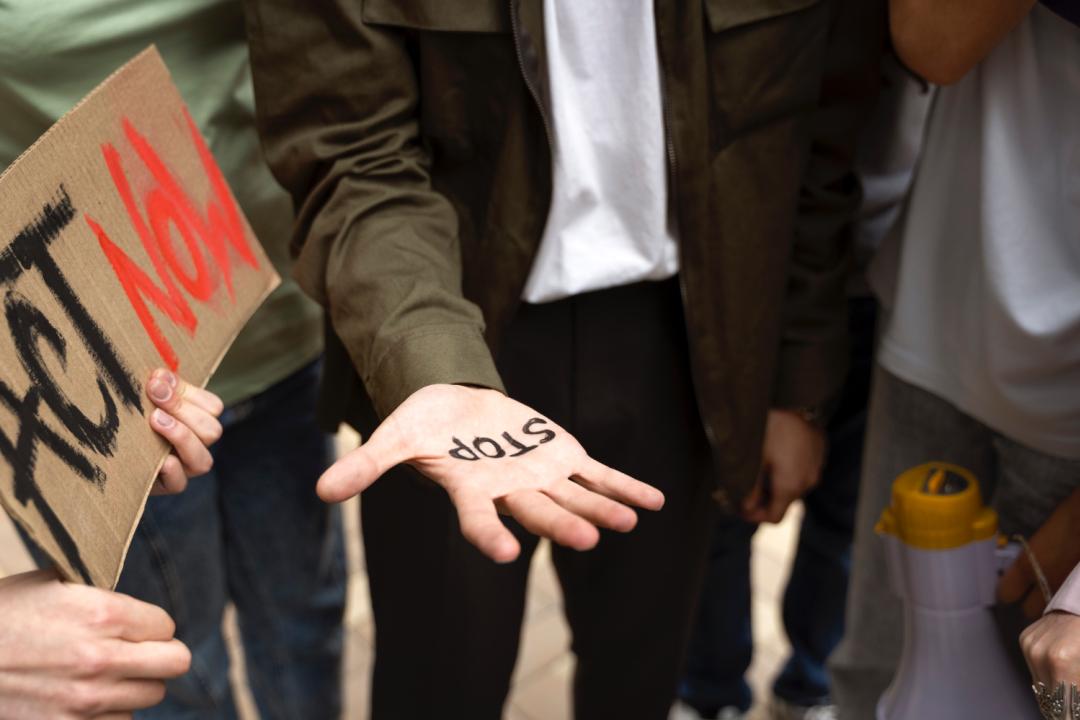President Trump’s second term has ushered in an aggressive new front in U.S. immigration policy. ICE now conducts up to 3,000 interior arrests daily, targeting not only undocumented migrants but also longtime residents, including students and workers, using raids at home, courthouses, and construction sites.
Deportation figures have surged: by late April, more than 207,000 removals had occurred, and enforcement funding requests have skyrocketed—Trump seeks some $168 billion to further expand immigration detention and deportation capacity. In a stark departure from previous practice, ICE has begun sending detainees abroad to facilities in El Salvador and Guantánamo Bay, while also negotiating with other nations for repatriation. The administration is even encouraging “self‑deportation” through financial incentives—though uptake remains minimal.
A notable flashpoint involves pro‑Palestinian protesters, such as Columbia University student Mahmoud Khalil. Arrested in March and detained under purported foreign‑policy grounds, Khalil had his deportation blocked yesterday by a federal judge citing First Amendment concerns.
But backlash extends far beyond academia. Landmark protests unfolded yesterday and across recent days:
Los Angeles: Beginning on June 6, ICE raids triggered massive demonstrations downtown. About 4,100 National Guard and 700 active‑duty Marines have been deployed—marking the first use of such federal force since 1965. With curfews, tear gas, rubber bullets, and dozens injured, L.A. has become the epicenter of resistance.
New York City: Thousands gathered at Foley Square and near ICE offices on June 10–11, chanting “ICE out of New York!” and staging sit‑ins (resulting in about 24 arrests at Trump Tower).
Other cities: Demonstrations also erupted in Chicago, Seattle, Austin, Atlanta, San Francisco, Boston, and elsewhere, with several dozen to over a hundred arrests after peaceful marches turned confrontational .
Local officials are pushing back. In L.A., dozens of mayors and city leaders demanded an end to the militarized raids. California has filed a legal challenge to halt troop deployments, calling them an overreach that threatens democracy New Haven’s mayor publicly protested after ICE arrests disrupted a school graduation.
With the Association of Z bill pending in Congress—aimed at dramatically increasing Border Patrol, ICE staffing, and detention space—Trump appears committed to institutionalizing this hard‑line stance, targeting even non‑criminal residents and political dissenters .
A profound rift is emerging: a federal government pursuing the most aggressive deportation policy in decades, deploying military force on American streets, while communities and officials nationwide mobilize in defiance. As protests multiply—highlighted by yesterday’s actions—questions loom large about constitutional rights, state sovereignty, and the character of American democracy under this administration.















